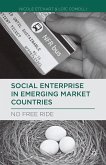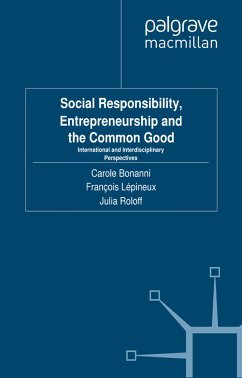Dieser Download kann aus rechtlichen Gründen nur mit Rechnungsadresse in A, B, BG, CY, CZ, D, DK, EW, E, FIN, F, GR, HR, H, IRL, I, LT, L, LR, M, NL, PL, P, R, S, SLO, SK ausgeliefert werden.
"Bahramitash's unique field research among working women in Iran provides invaluable insights into the role of low-income women who work as entrepreneurs in the large informal sector of Tehran and other major cities. The data challenges fundamental stereotypes about women and work in Iran and presumably other Muslim countries." - Eric Hooglund, Professor, Lund University, Sweden; Editor, Middle East Critique
"An impeccable researcher, Bahramitash weaves together theoretical critique and extensive fieldwork to shed light on the little-explored world of women who work in Iran's informal sector. Her analysis of this invisible but powerful economy should be read by development economists, gender researchers, and all who study and care about the millions engaged in informal employment throughout the developing world." - Diana Strassmann, Carolyn and Fred McManis Distinguished Professor in the Practice of Humanities and Director, Program on Poverty, Justice, and Human Capabilities, Rice University, USA; Founding Editor, Feminist Economics









